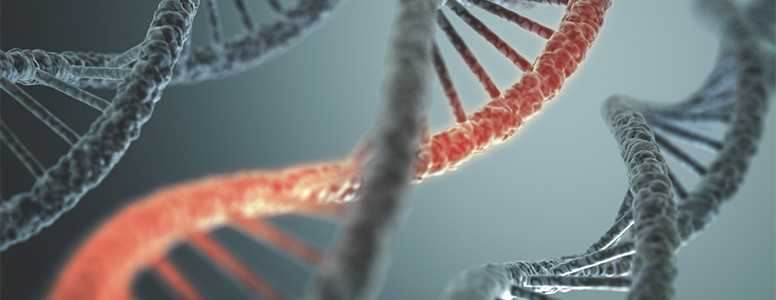A genetic connection has been identified between some mental health disorders and type 2 diabetes, according to US researchers.
A study team at the University of Massachusetts investigated a gene known as “DISC1”, which is believed to play a role in mental health disorders, such as bipolar disorder, schizophrenia and some forms of depression.
Rita Bortell, Ph.D, and her team evaluated the function of DISC1 by comparing two groups of mice. The first group of mice had their DISC1 gene disrupted in pancreatic beta cells, while the second group were kept normal.
The first group showed increased beta cell death, impaired glucose regulation and less insulin secretion; the control group had no adverse effects.
Bortell’s team believe that the DISC1 gene influences the function of pancreatic beta cells which can help maintain normal blood glucose levels.
The researchers observed that DISC1 works in the body by controlling the activity of GSK3β, a specific protein which is known to be essential for beta cell function and survival.
When the researchers inhibited GSK3β in the genetically manipulated mice, the mice were found to have improved beta cell survival and restored normal glucose tolerance.
“Our hope is that the association we’ve found linking disrupted DISC1 to both diabetes and psychiatric disorders may uncover mechanisms to improve therapies, even preventative ones, to alleviate suffering caused by both illnesses which are extraordinarily costly, very common, often quite debilitating,” said the researchers.
Alterations in the DISC1 gene were originally associated with an increased risk of schizophrenia, but newer studies have linked DISC1 alterations to bipolar disorder and major depression.
“Studies exploring the biology of disease have increasingly identified the involvement of unanticipated proteins – DISC1 fits this category,” the researchers added.
The findings were published in The FASEB Journal.








